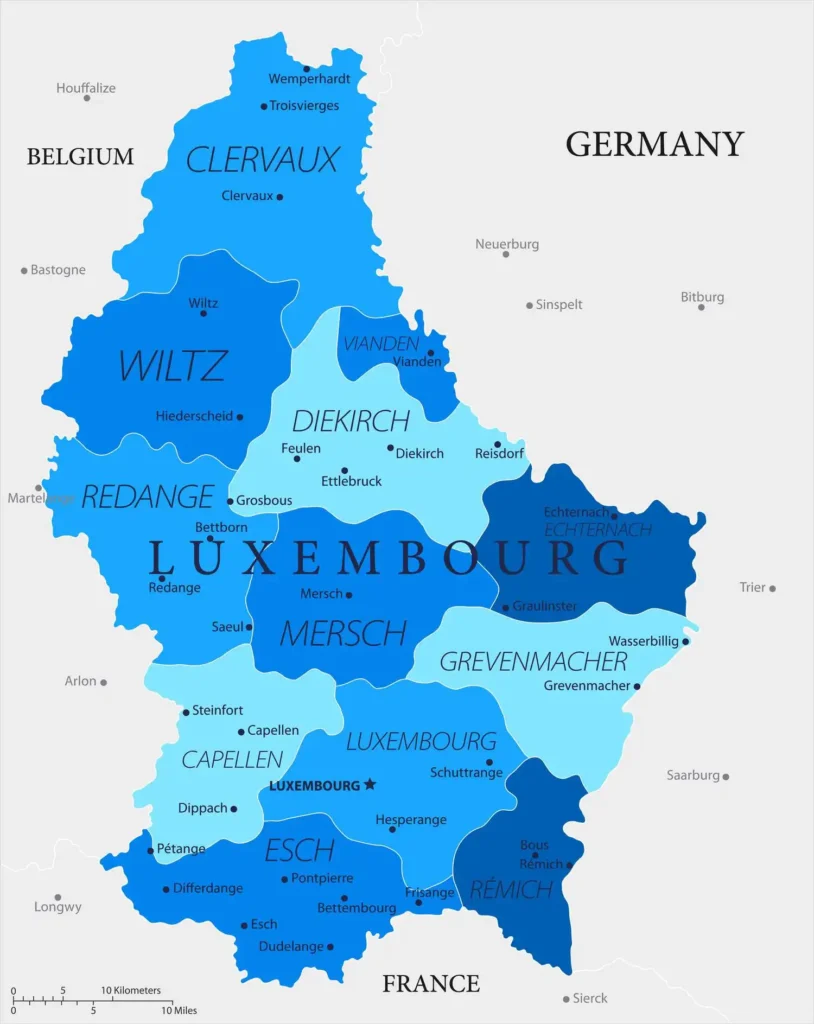The Wealthiest Country in the World
“Our prosperity as a nation depends upon the personal
financial prosperity of each of us as individuals.”– The Richest Man in Babylon
Throughout the history of the world, wealthy nations have risen and fallen.
For a country to be considered the wealthiest in the world, there are a few criteria that must be met.
In an increasingly interconnected world, the concept of national wealth transcends mere financial metrics. It encompasses the economic vigor and stability of a nation, often measured through various indicators. Understanding what defines the wealthiest country is essential not only for economic scholars but also for global citizens interested in the intricate tapestry of world economies.
Key Factors Influencing Economic Growth
Several elements contribute to the prosperity of a nation, including natural resources, industrialization, high-skilled workforce, and technological advancements. Understanding these factors sheds light on why some countries excel while others lag behind.
What are the criteria to determine how Wealthy a country is?
Ordinarily, one would think a country with massive natural resources would be considered the wealthiest, but it actually goes beyond that.
Here are some factors that we use determine the wealthiest country in the world:
Gross Domestic Product (GDP) vs. Gross National Income (GNI)
GDP, the total value of goods and services produced, is a common measure of a nation’s economic performance. In contrast, GNI accounts for income received from abroad, offering a broader perspective on wealth.
Purchasing Power Parity (PPP) Explained
PPP adjusts income levels to reflect the relative cost of living and inflation rates of countries, providing a more accurate comparison of wealth across nations. This metric reveals deeper insights into the purchasing power of citizens.
Other Indicators of Wealth (Health, Education, Infrastructure)
Wealth is not solely financial; it also encompasses health outcomes, educational attainment, and infrastructure quality. These factors contribute significantly to a nation’s overall well-being and economic potential.
The Wealthiest Country Today
As of now, Luxembourg holds the title of the wealthiest country in the world when measured by GDP per capita. This small European nation boasts an impressive financial sector and a highly skilled workforce.
Luxembourg’s economy is characterized by a high-income level, low unemployment rates, and robust financial services. Its strategic location in Europe enhances trade opportunities and economic dynamism.

Factors Contributing to Wealth
Natural Resources and Geography
Access to natural resources, such as oil, minerals, precious gemstones and fertile land, can significantly enhance a nation’s wealth. Geography also plays a crucial role in trade accessibility and economic opportunities.
Political Stability and Governance
Countries with stable governments and sound policies tend to attract foreign investment and foster economic growth. Effective governance promotes an environment conducive to business development.
Education and Workforce Competence
A well-educated workforce is vital for innovation and productivity. Nations investing in education tend to see higher economic returns and improved living standards.
The Role of Technology
Innovation and Economic Growth
Technological advancements drive efficiency and create new markets. Countries that harness innovation often experience accelerated economic growth and improved competitiveness.
Digital Economy’s Impact on Wealth
The rise of the digital economy has transformed traditional business models. Nations that adapt to these changes position themselves advantageously in the global market.
Global Trade Dynamics
Importance of Trade Relations
Strong trade relationships enhance economic performance by providing access to larger markets and diverse goods. Countries that engage in robust trade often enjoy greater economic resilience.
Export and Import Strategies
Strategic management of exports and imports can significantly influence a nation’s wealth. Countries that balance trade effectively can enhance their economic standing and stability.
Challenges Facing the Wealthiest Country
Economic Vulnerabilities
Despite its wealth, Luxembourg faces challenges such as economic dependence on the financial sector and the potential for market volatility. Diversification is key to sustaining growth.
Environmental Sustainability Issues
Balancing economic growth with environmental sustainability is a pressing challenge. Wealthy nations must innovate to reduce their ecological footprint while maintaining their economic edge.
The Future of Global Wealth
Predictions for Economic Shifts
As emerging economies gain traction, the landscape of global wealth is likely to shift. Countries in Asia and Africa are poised to play increasingly significant roles in the global economy.
Emerging Economies to Watch
Nations like India and Brazil are expected to rise in prominence, driven by young populations and expanding markets. Their growth could reshape the global economic order.
Conclusion
The concept of wealth extends far beyond mere financial success. It encompasses a nation’s ability to provide for its citizens, innovate, and sustain growth. As the dynamics of global wealth continue to evolve, understanding these intricacies will be vital for navigating the future landscape of international economics.



